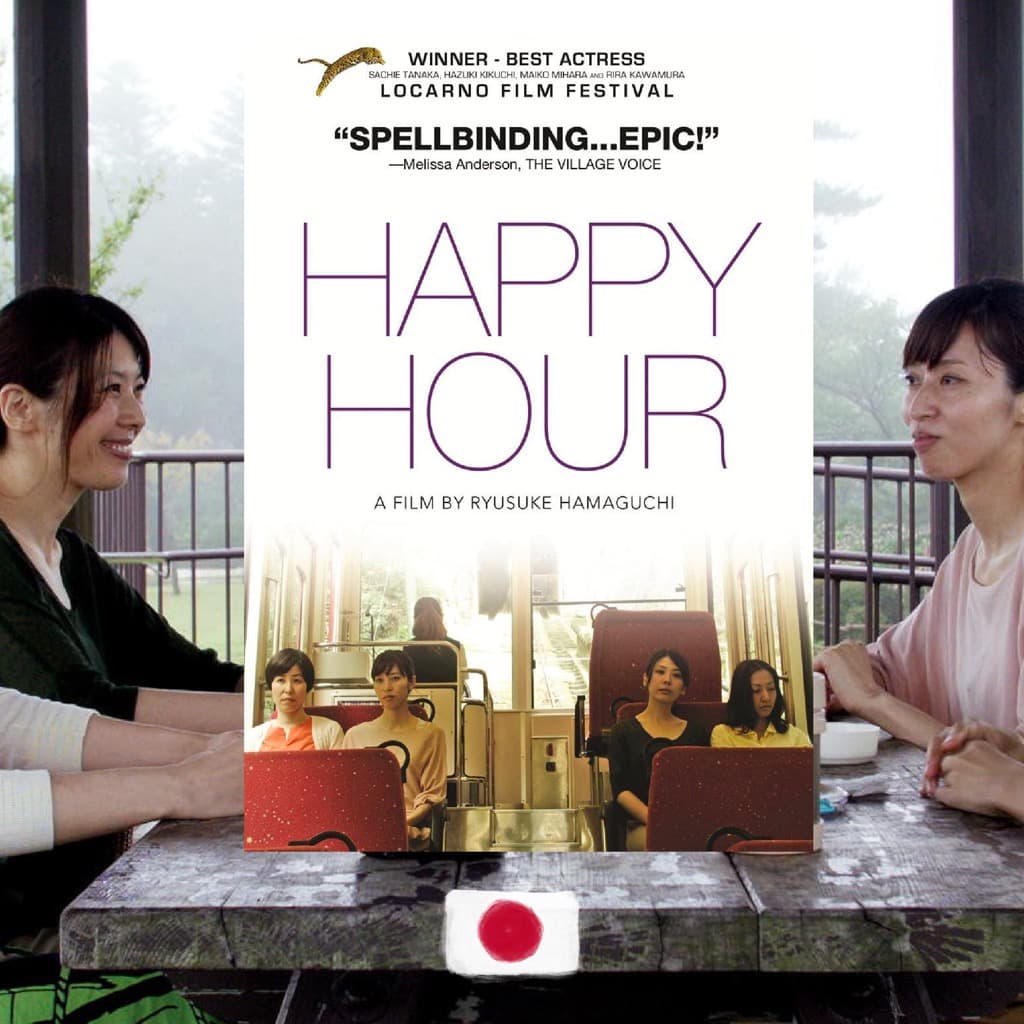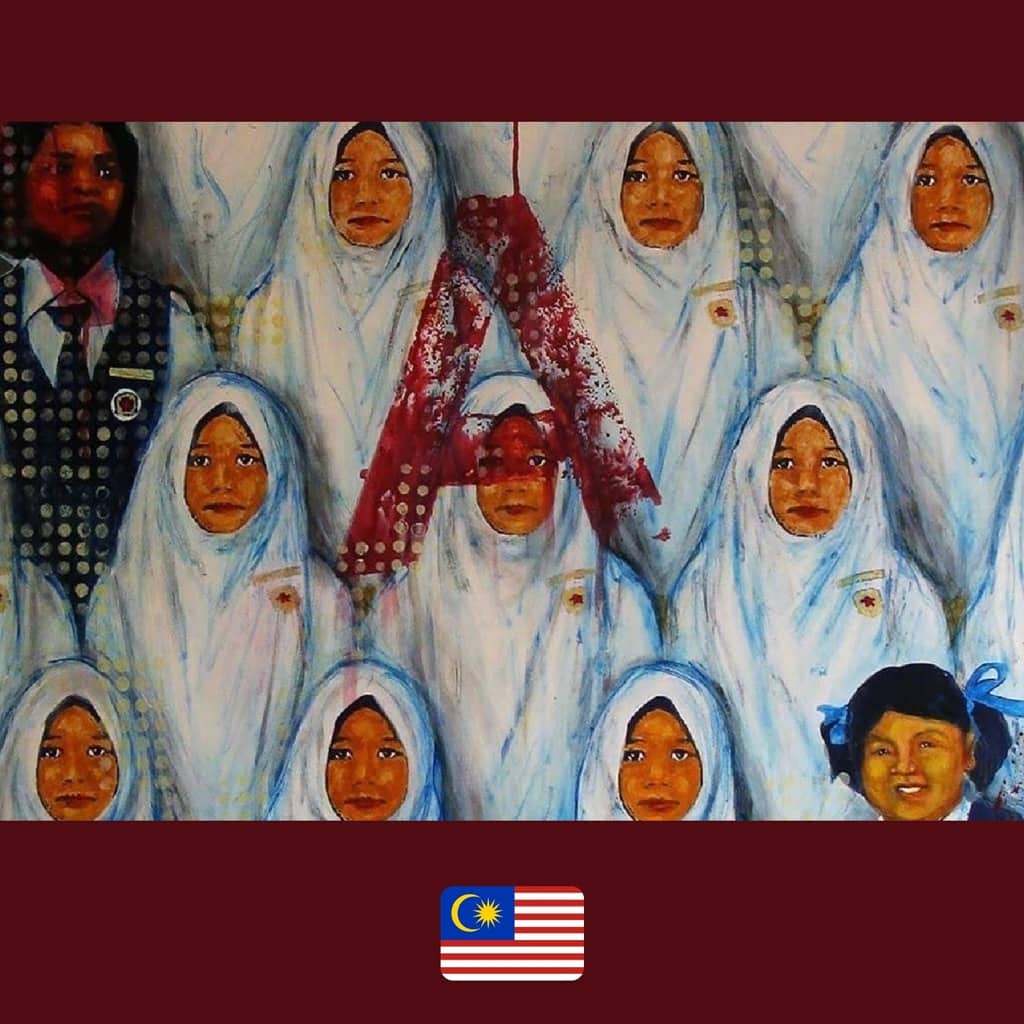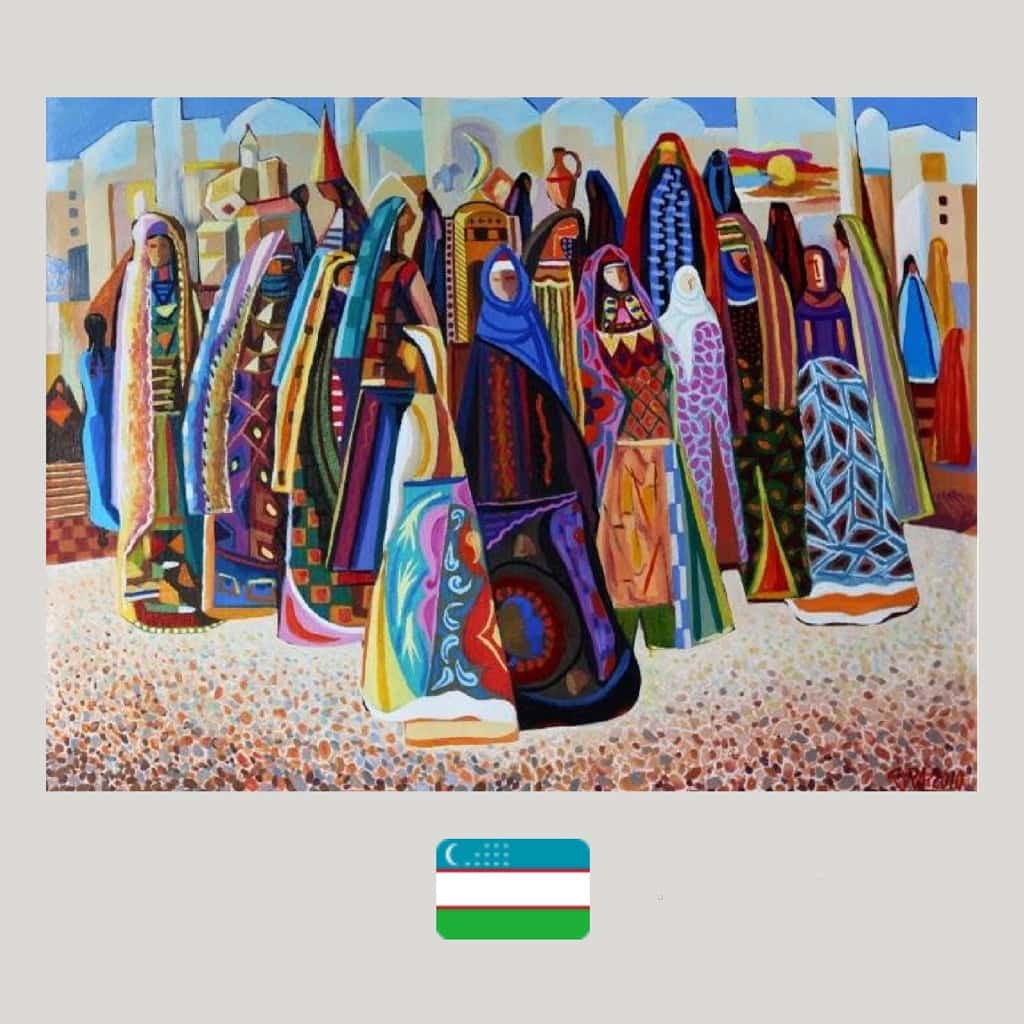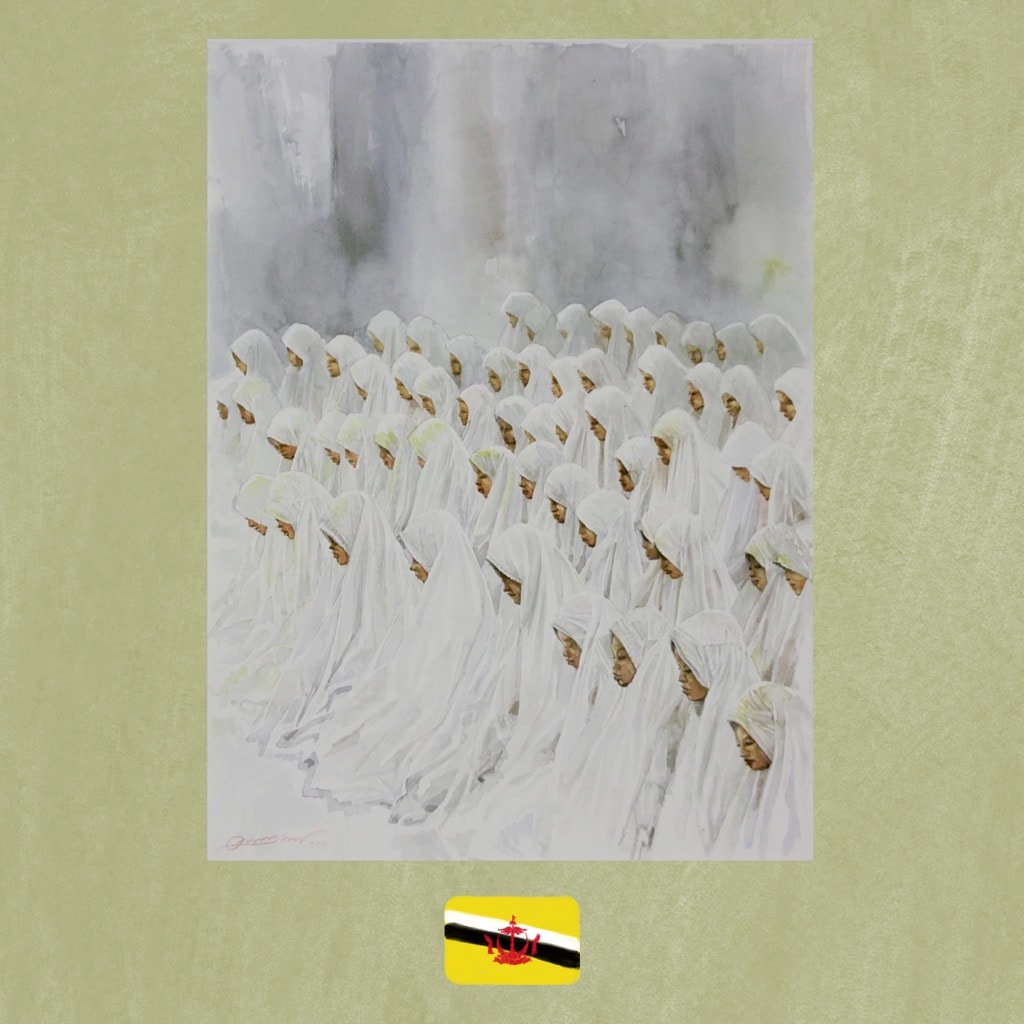Dark experimental doom folk duo from the center of Javanese culture makes bringing music back to nature a visceral, earthy experience with handmade instruments and radical approach to vocals
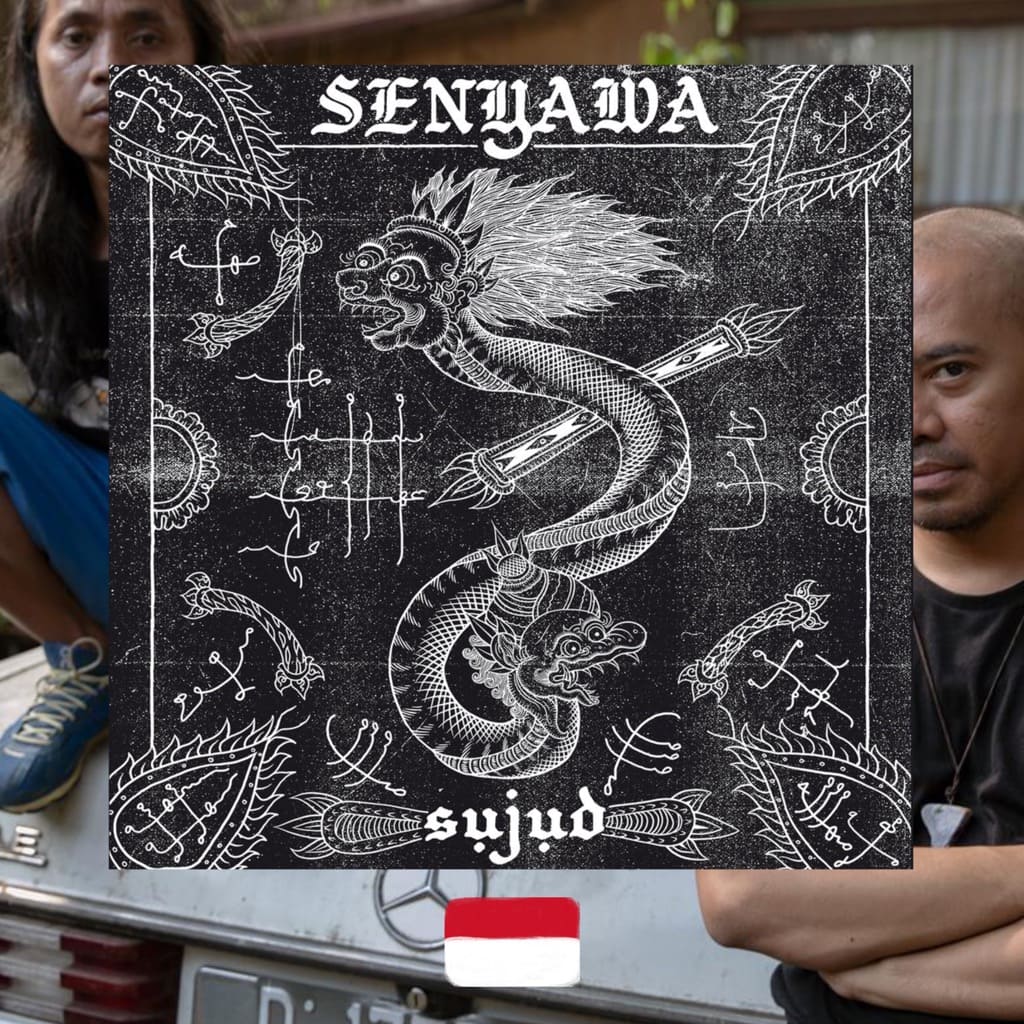


FROM INDONESIA
WHAT’S GOING ON: Senyawa is an Indonesian band that has been around since 2010 and hails from Jogjakarta, which is considered the cultural capital for many of the Javanese art forms. This is very fitting, since Senyawa’s music is rooted in the folk musical traditions of the archipelago, and blends them with avant-garde and doom metal. The band consists of Wukir Suryadi, who builds his multiple instruments out of organic materials, and Rully Shabara, who uses his voice’s many registers and hues to achieve equal abundance in vocals. The duo has collaborated with many notable avant-garde artists, including Can’s Damo Suzuki, Melt-Banana, Tatsuya Yoshida of Ruins, and Trevor Dunn of Mr. Bungle fame. Meanwhile, Bon Iver’s Justin Vernon is a big fan and has invited Senyawa to play at the festival he curates.
WHAT IT SOUNDS LIKE: “Sujud” is not just an album, but a spiritual experience. And while in many instances such a claim would indicate something mellow and intimate, suitable for your community center’s yoga class, Senyawa is, in fact, raw, unhinged, sometimes downright creepy. Spirits come in all shapes, sizes, and tonalities after all: yours may demand a gentle flute, mine mostly roars. In many instances, we don’t advocate for listening to albums in their fullness, but it’s essential with “Sujud” because it has very meticulous continuity and cadence to the tracks. Alternating between foreboding and soothing, Senyawa’s music goes back and forth from warrior monk-like chanting, as if Carmina Burana was revived through noise music, to bursts of wind in the air charged for a storm. Sometimes it seems like dogs are barking, and then an intro resembling flamenco singing comes in, only to give way to a Sufi-like spinning trance. Organic and unadulterated sounds created through the use of handmade instruments and a voice’s endless possibilities seem to invite an otherworldly presence into the equation. And on top of that, the music also unfolds into something very rhythmical, with “Penjuru Menyatu,” a perfect song to mosh to in a live show.
WHY DO WE CARE: One of my favorite recurring themes in things I review for Supamodu is a sort of politicized darkness heavily influenced by folklore that comes out of South Asia. I’d love to coin a term for it, and since “lorecore” seems to be a little too umbrella, although worth keeping, perhaps “mangrovecore”? The local cultures have been ripe for interpretation for a long time coming. Whether it’s Thai filmmakers crossing the borders between human and forest, Lav Diaz using humanoid lurking spirits tikbalangs to recount the colonization of the Philippines, or the more abstract but still political music of Senyawa, the results are astounding. Anxious as our times are, but also oddly tranquil in its disquiet, “Sujud” is the perfect soundtrack to our current social moment, whether in Indonesia, in the US, or elsewhere. The visions evoked by this sticks-strings-throat music are of a wayang puppet theatre interpretation of the derangement on the cusp of the ecological catastrophe. If we’re going to the abyss, it’s to this music, lead by the sound of Shabara’s poetically mad incantations and Suryadi’s undulating polyphonies.
WHY YOU SHOULD LISTEN: In a world where over-processed sounds run the game, and singularity-loving pop stars proclaim the death of live music, Senyawa is the ultimate antidote with music so close to the earth and so natural, it might be dripping with actual blood and soil. Perhaps it’s because Suryadi makes his own instruments, for example, a string and bamboo one that he humbly named bambuwukir after himself, or ones out of animal skins. Perhaps it’s because Shabara’s vocals on “Sujud” go from angelic to beastly, with a healthy dollop of throat singing—stretching the boundary of what we understand as harmonious and returning us to music in its purest form. Perhaps it’s because Senyawa manages to stay close to the wild while also paying respects to their tamer influences, folkloric, in the noise canon, or a wider scene of experimental abstraction. But what’s the best part, and can not be thoroughly appreciated through headphones, is that a huge part of Senyawa’s practice is their organic instantaneity. They set up guerilla concerts in rural settings and perform wildly divergent shows. In his free time, the vocalist Shabara runs a choir where people are encouraged to use their voices in unconventional ways, much like himself. Senyawa is a musical force that embraces all the nature’s elements, including chaos, and shapes them into an abstract yet oddly perceptible form, one that keeps evading, but reveals its many facets to the ecstatic listener.
Sujud by Senyawa
For more content like this sign up for our weekly newsletter
LISTEN TO SENYAWA – LOCSTOCK #2
LISTEN TO KOTAK MUSIK / SENYAWA – BEKAL ILMU & PUTRA OMBAK


